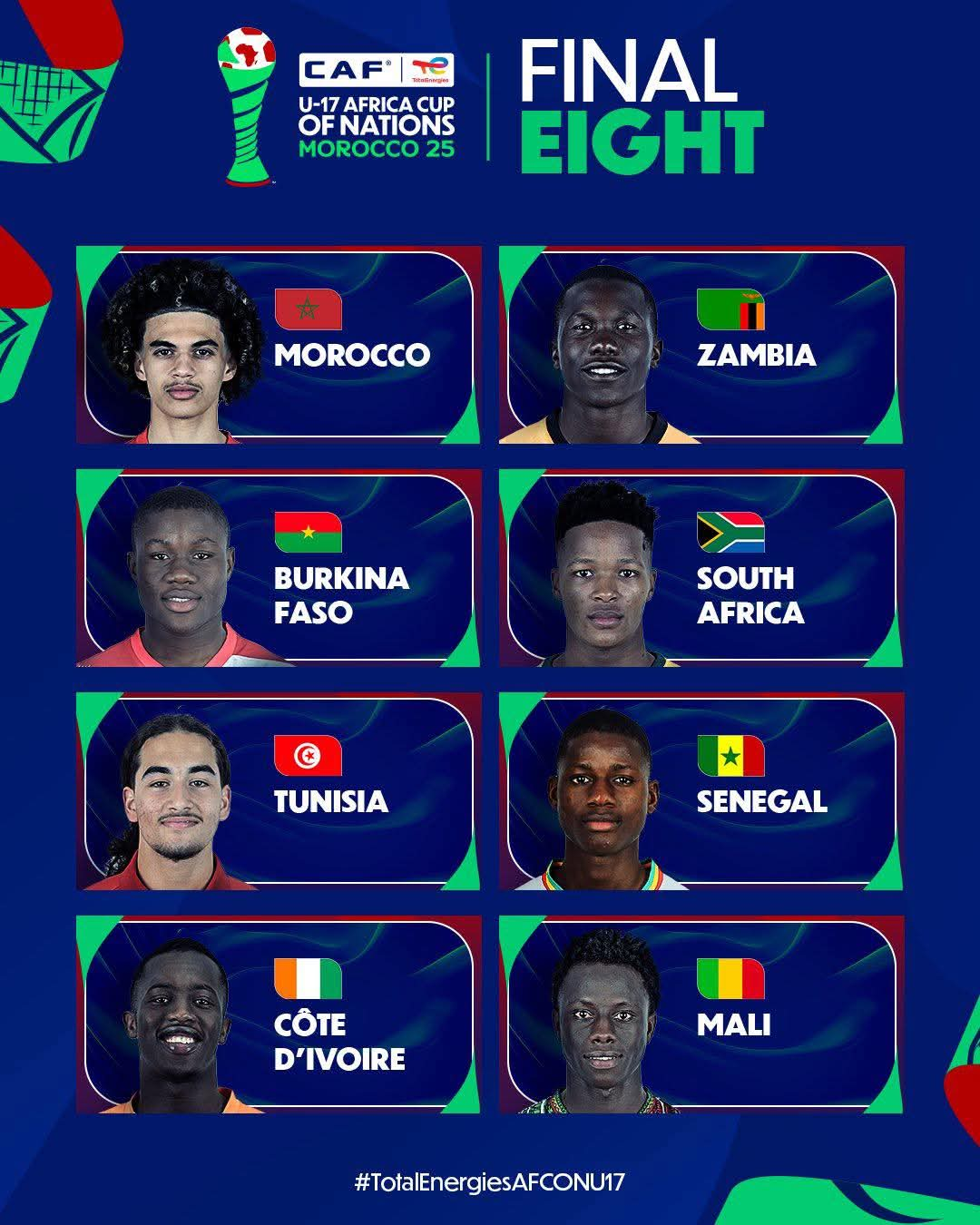Angola Confronts Rising Pressure Over Cabinda Exclave Issue

The Angolan exclave of Cabinda is once again at the center of serious allegations, with the separatist group Front for the Liberation of the Enclave of Cabinda (FLEC-FAC) accusing the Angolan military of committing brutal atrocities against civilians. For weeks, disturbing images purportedly showing mutilated men, women, and children have circulated on social media, presented by FLEC-FAC as evidence of these abuses. According to the separatists, these attacks are reprisals by the Angolan army following FLEC-FAC operations.
Emmanuel Nzita, a FLEC-FAC spokesman speaking from exile in Switzerland, confirmed these claims to DW, describing a pattern of systematic revenge attacks by government forces targeting innocent civilians. "Whenever FLEC-FAC carries out operations against occupation troops, the army responds with brutal violence against innocent people," Nzita stated. These recent accusations pertain to alleged abuses in villages near Mbamba in May 2025. However, independent verification of these claims remains extremely challenging in the region.
The Angolan government has vehemently denied these allegations. Official narratives maintain that Cabinda is largely pacified and under the full control of national security forces. Statements from the Ministry of Justice and Human Rights consistently assert that civilians are not harmed. Despite the gravity of the recent accusations and the circulation of graphic images, DW's requests for comment directed to the relevant Angolan ministries went unanswered.
This conflict of narratives extends to other aspects of the situation in Cabinda. While Angolan state media recently reported that 202 young men had voluntarily surrendered their weapons and renounced the FLEC-FAC's struggle for independence, Nzita dismissed these reports as staged propaganda. He alleged that most of these individuals were unemployed men from the Democratic Republic of Congo, with little connection to FLEC-FAC or proficiency in Portuguese, lured by promises of jobs and money to legitimize the government's claims of progress.
The conflict in Cabinda has deep roots, stretching back approximately five decades. Geographically, Cabinda is an exclave on Africa's west coast, separated from mainland Angola and wedged between the Republic of Congo and the Democratic Republic of Congo. It is a region rich in resources, particularly oil. Before Angola gained independence from Portugal in 1975, Cabinda was a Portuguese protectorate. Its subsequent integration into Angola occurred without the consent of the local population, an act that many Cabindans still consider illegitimate and which fuels the long-standing demand for independence. The FLEC-FAC itself is not a monolithic entity, but rather a fragmented movement with various factions holding differing demands and employing different methods. A peace agreement signed in 2006 ultimately failed to bring a lasting resolution to the conflict, as not all separatist groups adhered to its terms.
Beyond the armed struggle, political movements also advocate for Cabinda's self-determination. Bartolomeu Capita, leader of the Cabindan National Movement (MNC), a purely political independence movement, emphasizes Cabinda's distinct cultural and historical identity, as well as its geographical separation from Angola. "Our region is geographically separated from Angola, culturally distinct, and historically independent," Capita told DW. He distances his organization from the armed FLEC-FAC, which he claims is manipulated by foreign intelligence agencies. Capita, now a stateless refugee living in Germany, champions a diplomatic solution based on "binding international agreements." The MNC's primary legal argument rests on the 1885 Treaty of Simulambuco, which established Cabinda as a protectorate under Portugal and obligated Portugal to protect its territorial integrity. Consequently, the 1975 incorporation of Cabinda into Angola is viewed by the MNC and its supporters as illegal under international law.
Despite Cabinda producing an estimated 60% of Angola's oil, generating approximately $40 billion annually, the socio-economic conditions for its population have deteriorated drastically over the decades. Average life expectancy has reportedly plummeted from 75 years during colonial times to a mere 48 years today. Furthermore, child and maternal mortality rates in Cabinda are among the highest globally. Compounding these issues, oil spills off the coast have led to significant environmental damage, further degrading the livelihoods of the local population. Bartolomeu Capita starkly summarized the situation: "Human rights and environmental protection in Cabinda are so severely violated that it amounts to near-genocide." The call for Cabinda's independence is also echoed by many individuals with roots in Cabinda who live in the diaspora, highlighting the widespread concern for the region's future.











